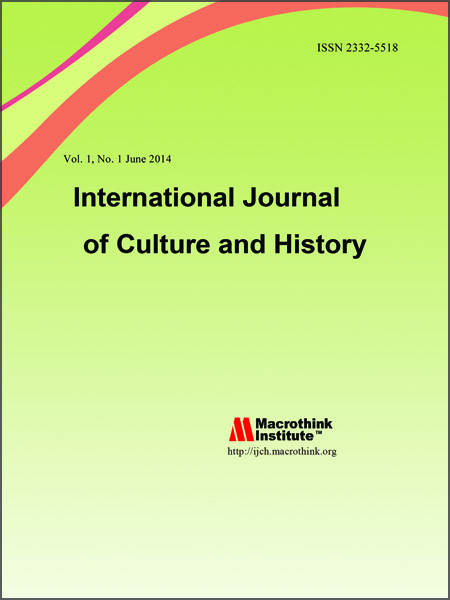Why neither Russian nor Arabic will Become World Languages
DOI:
https://doi.org/10.5296/ijch.v8i1.18650Abstract
This paper argues that classical languages, such as Arabic and Russian, are most unlikely to become spoken widely around the world, as has English. This is not to deny that Russia launched a sputnik into space in earlier times and currently is considered to be a super-power. Nor is there any intention to deny that the Russian language once functioned as a diplomatic language. Nor does the premise constitute a denial that Arabic is widely spoken in the Middle East and in some parts of Africa, and is recognised as a carrier of culture. But qualifying for a label of classical does carry a burden.
These comments are not meant to denigrate either Russian or Arabic; they are classical languages in a sense that simplistic English will never achieve. Unlike English, Russian and Arabic both require a complexity of construction which entails strict adherence to building grammatical inflections on nouns, which is called case marking. While such case markings might be seen as concise, and perhaps even elegant word construction, this paper will argue that an over-fondness for expanding the basic words by building upon them case structures that are essentially semaphores to signal grammatical metadata, is antithetical to discourse in so much as it is a departure from simplicity.
In order to demonstrate the likelihood of this paper’s premise being true concerning metadata overload at the word level, as is evident in case marking, the methodology is mixed in the sense that it seeks to establish a general probability of feasibility for the premise. This can be achieved through a brief demonstration of two languages which retain case, these being Arabic and Russian, against today’s English which jettisoned case in days of yore. Perhaps it is reasonable to suggest that this long-past jettisoning, of case and its overheads in favour of simplification of construction, has contributed to English success in becoming the accepted and widely-spoken world norm.

